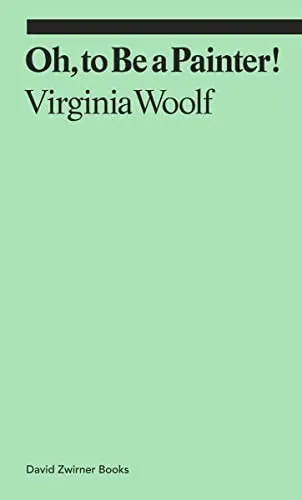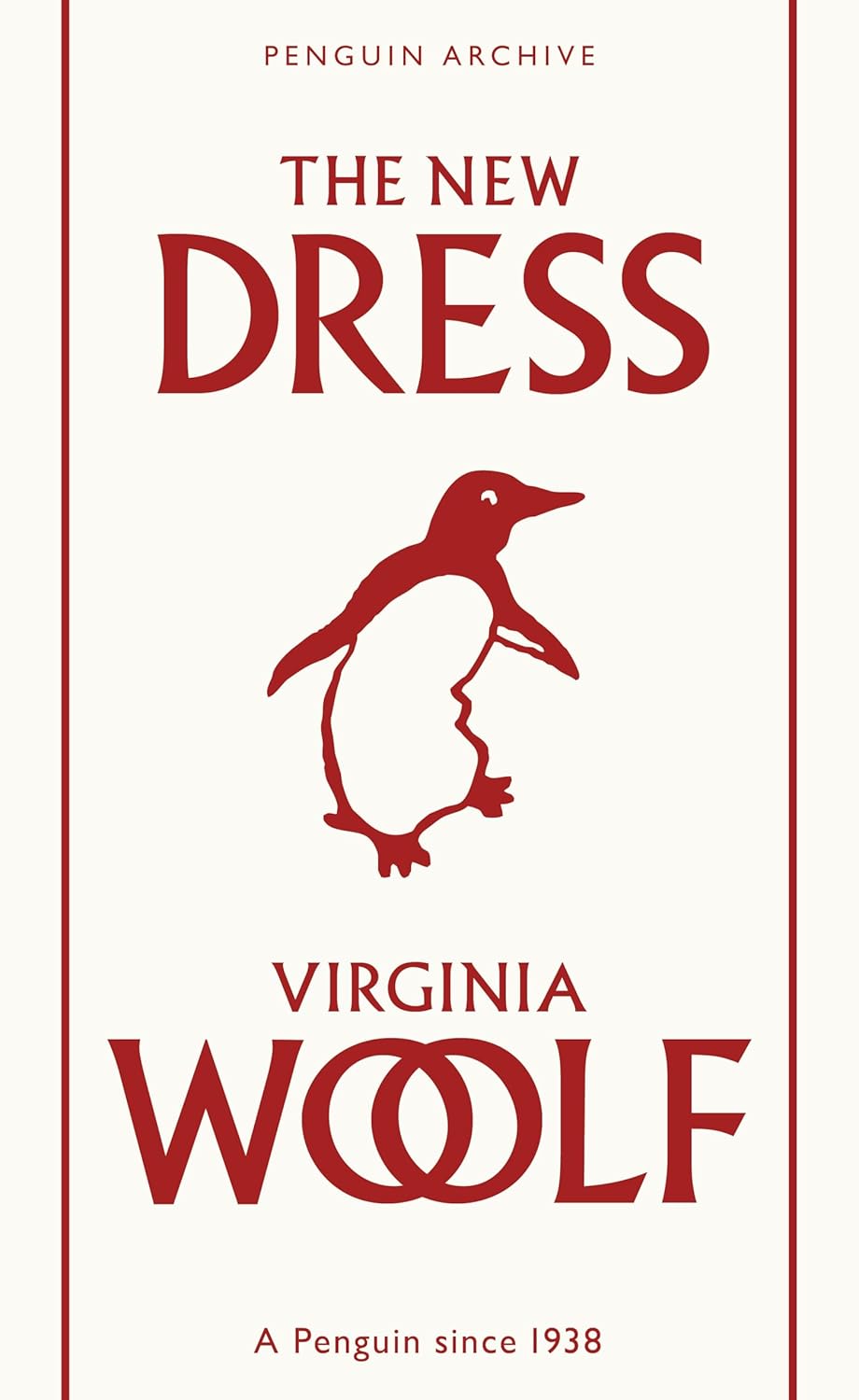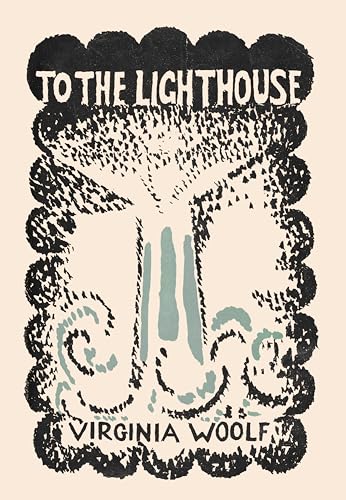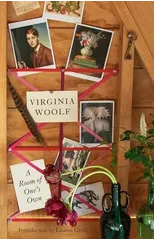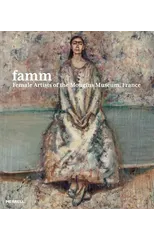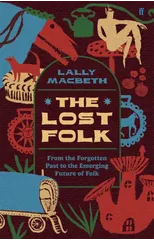Oh, To Be a Painter!
(Autor) Virginia WoolfVirginia Woolf’s collection of writings on visual arts offer a whole new perspective on the revolutionary author. Despite wide interest in Woolf’s writings, and in the artists and art critics in her Bloomsbury Group circle, there is no accessible edition or selection of essays dedicated to her writings on art. This newest edition in David Zwirner Books’s ekphrasis series collects her longest essay on painting, “Walter Sickert: A Conversation” (1934), alongside shorter essays and reviews, including “Pictures” (1925), and “Pictures and Portraits” (1920). These formally inventive texts reveal the centrality of the visual arts to Woolf’s writing and vision. They show her engaging with contemporary debates about modern art and are innovative in their treatment of ideas about color and form, including in response to the work of her sister, the painter Vanessa Bell, who designed many of her book cover jackets. In these essays and reviews, Woolf illuminates the complex and interdependent relationship between the artist and society, and reveals her own shifting perspectives during decades of social and political change. She also provides sharp and astute commentary on specific works of art and on the relationship between art and writing. An introduction by Claudia Tobin situates the essays within their cultural contexts.
Virginia Woolf
Virginia Woolf was a prominent English writer and modernist literary figure. Known for her stream-of-consciousness writing style, she challenged traditional narrative structures and explored themes of gender, class, and mental health in her works. Some of her most notable works include "Mrs. Dalloway," "To the Lighthouse," and "Orlando." Woolf's contributions to literature include her innovative approach to character development and narrative technique, as well as her exploration of the inner lives of her characters. Her most famous work, "Mrs. Dalloway," is considered a masterpiece of modernist literature and a reflection of Woolf's unique literary voice. Woolf's impact on the literary genre is undeniable, as she paved the way for future generations of writers to experiment with form and style in their own works.
